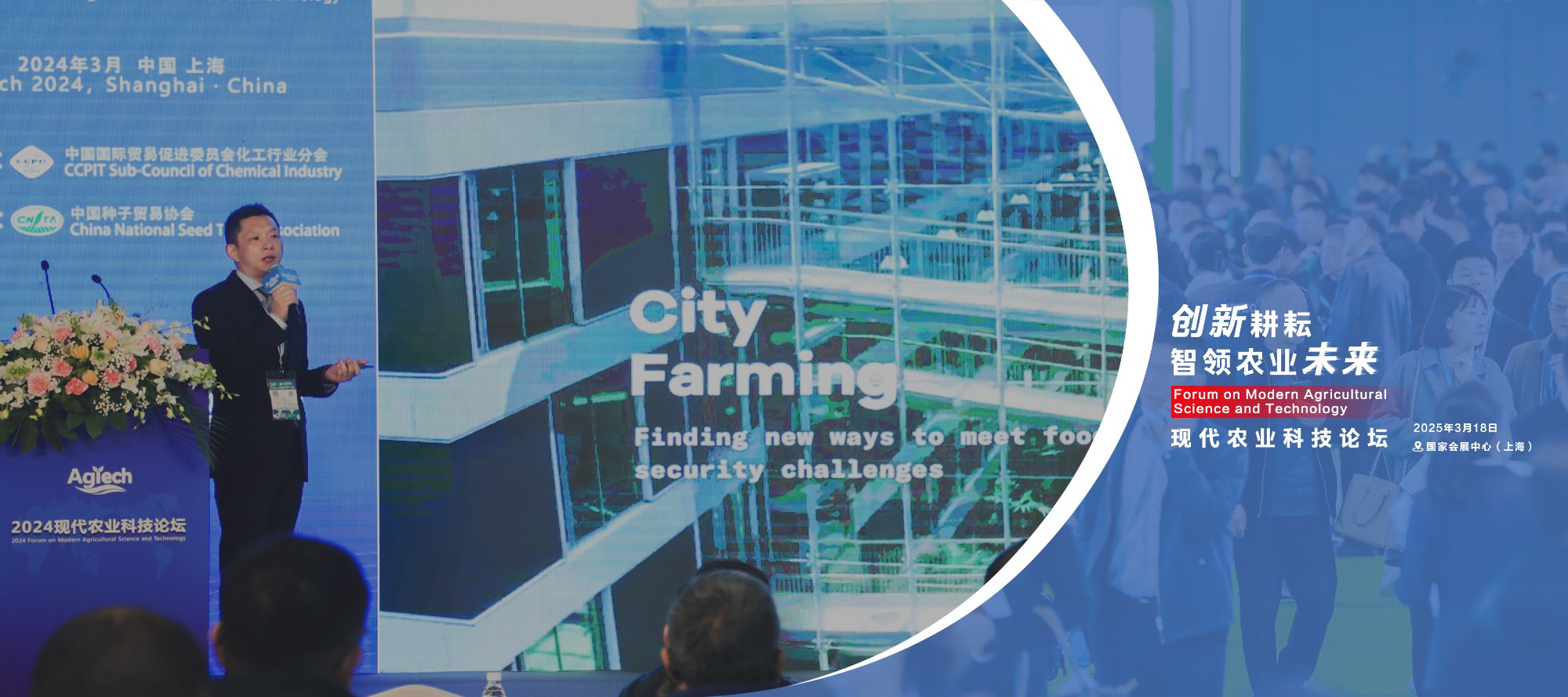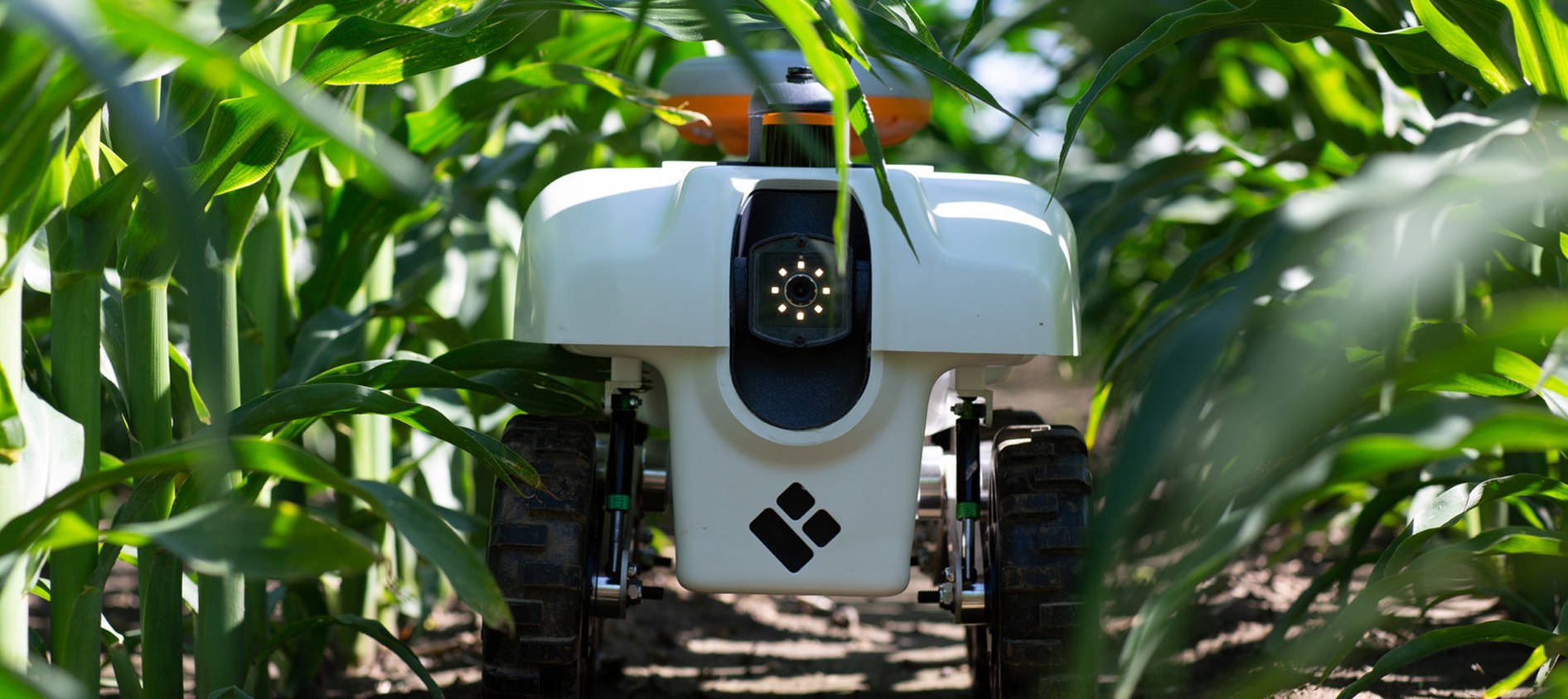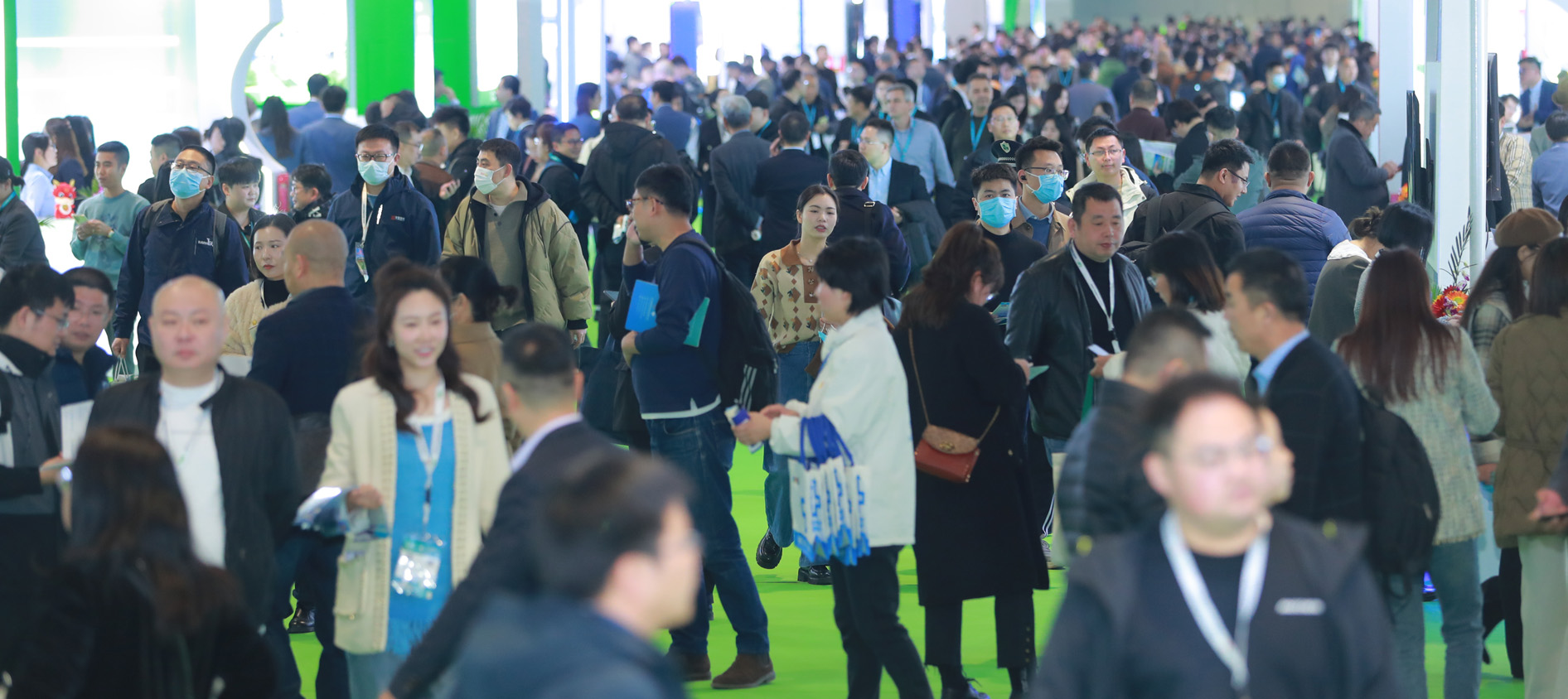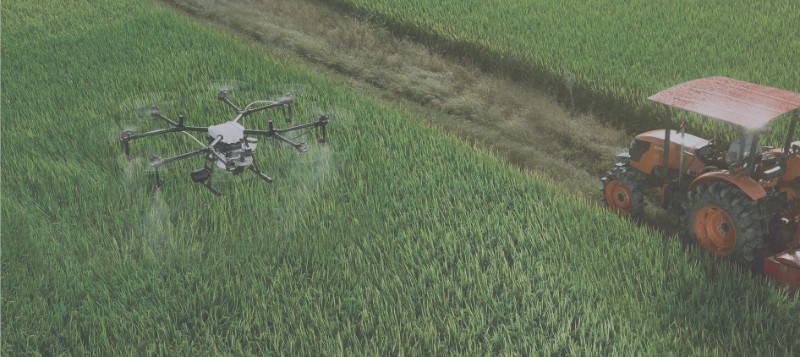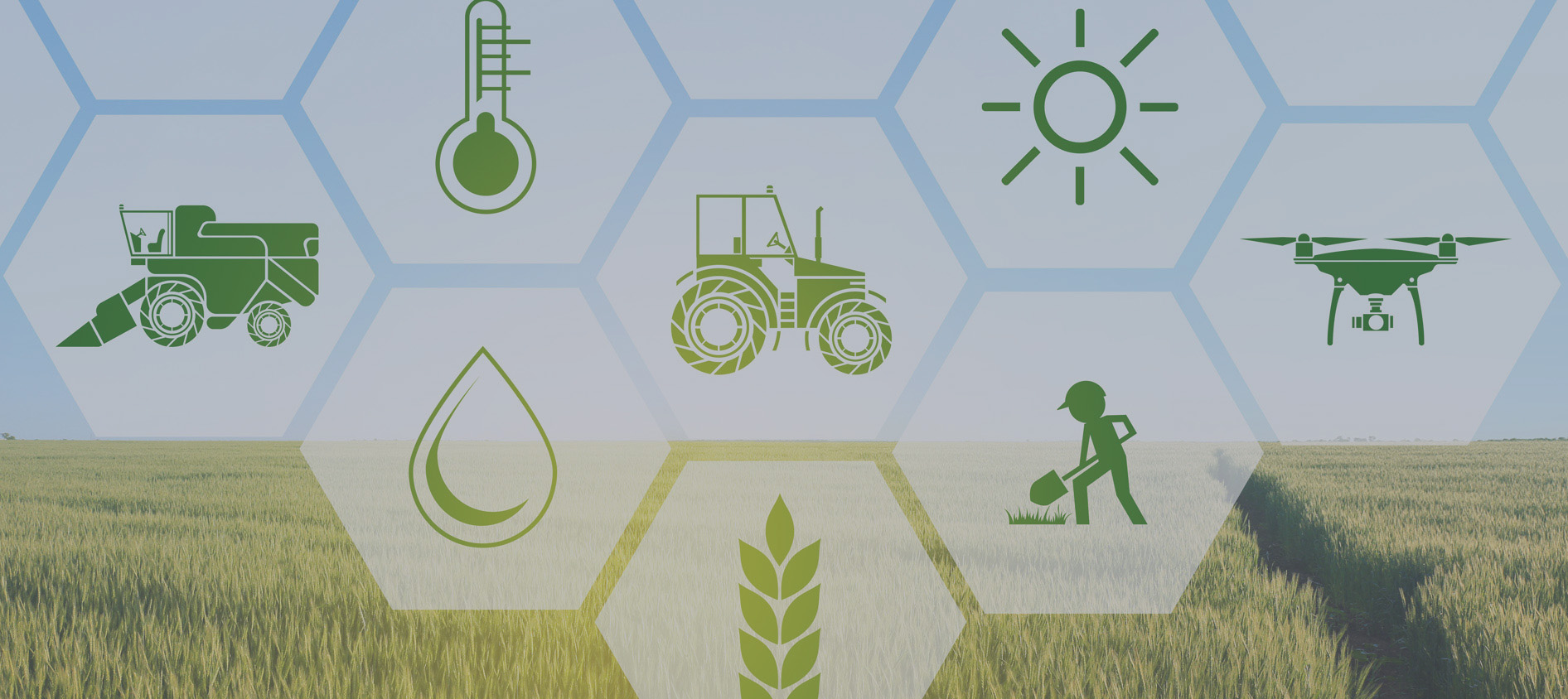Sustainability: Israel's Netafim switches from flood to drip irrigation
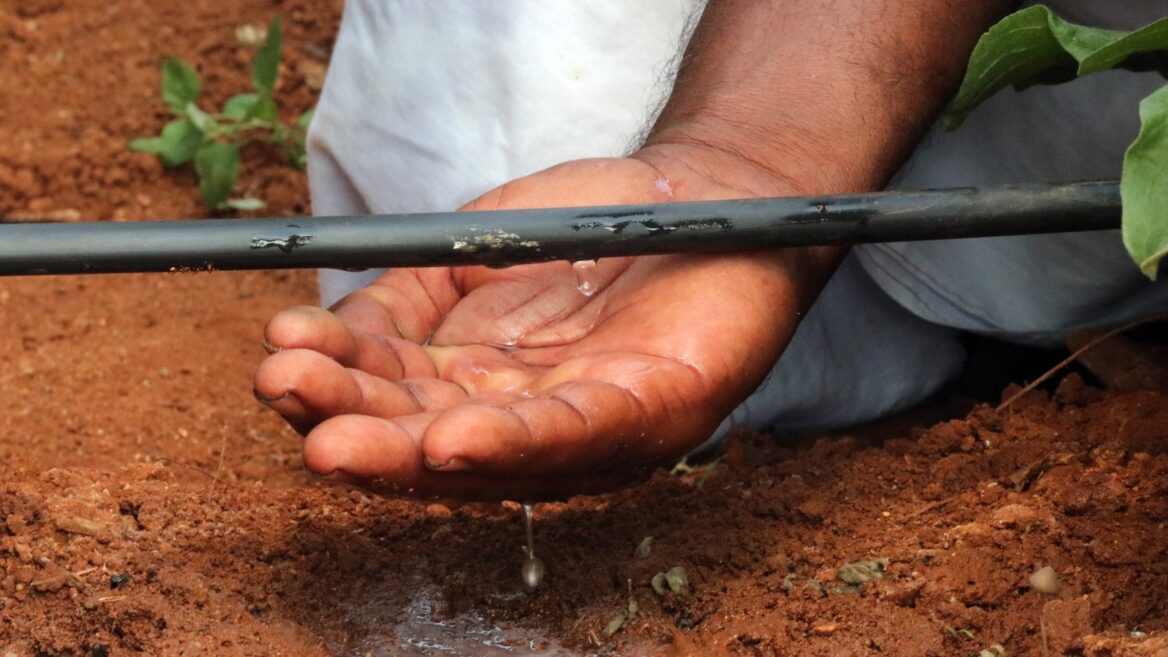
Food, water and land are in danger. Yes, global trends indicate that these survival essentials will be in short supply in the not-too-distant future.
“If what is assumed about population growth becomes reality, within three decades we will need to feed about ten billion people,” said Gaby Miodownik, executive director of Netafim, the kibbutz-based company driving mass adoption of smart irrigation as an important piece of the sustainability puzzle.
The manager indicated that there are many challenges in terms of water and arable land. And that in the future there will be no more water or more land. “We could make more land available through deforestation, but we would pay a high price in negative impacts on climate change,” he told ISRAEL21c en Español.
The founders of Netafim created the method of attaching drippers to irrigation hoses to deliver measured doses of water and nutrients to crops at precise times and locations.
In 2021, this world-leading irrigation company had sales of approximately $1.100 billion in more than 100 countries. Through subsidiaries in 40 countries and distributors in many others, Netafim has already irrigated more than ten million hectares.
This and other precision irrigation companies, however, barely scratched the surface. According to a report by Start-Up Nation Central, 75 percent of Israel's crops are drip irrigated compared to only 5 percent globally.
Miodownik explained that current agriculture is not done sustainably and that most of the water for that activity is used in the most inefficient way, leading to flooding of fields.
In February, Miodownik gave a keynote speech at Dubai Expo about the agricultural challenges facing the region and the world and how precision irrigation can help save water and land.
“We believe that two powers, human will and technology, can truly increase control and eventually help make our agriculture more sustainable and more efficient. If before farmers prayed for rain and knew it would come in a predictable time, that is no longer the case,” he said.
Today, more and more countries are turning to Israeli agricultural technologies as droughts and other extreme weather conditions affect all parts of the world.
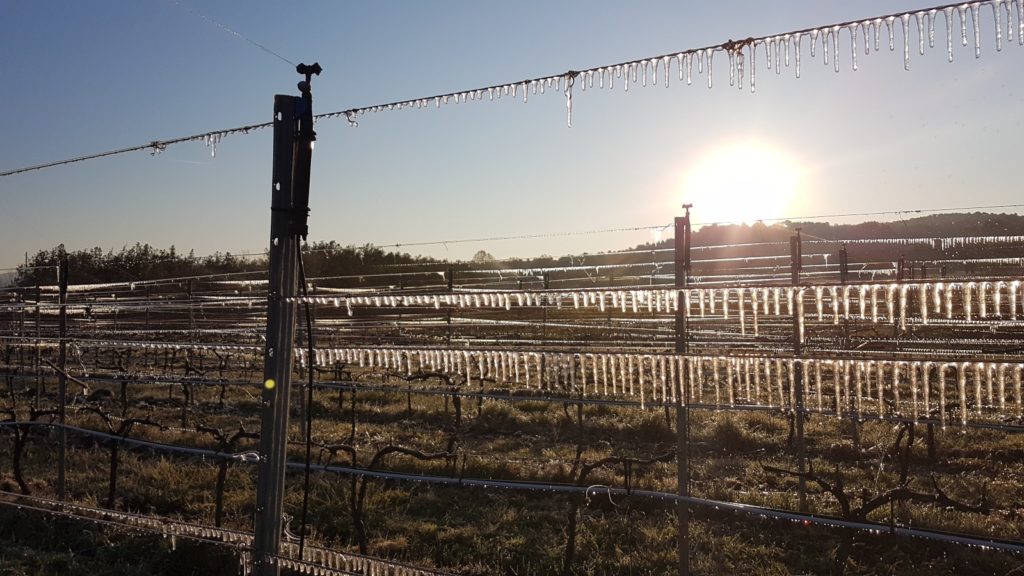
In Israel, there are more than 400 agricultural technology companies that use sensors, artificial intelligence, drones, satellite images, genetic engineering and more to help farmers control processes from planting to harvest.
Miodownik attributes this to 70 years of brilliant solutions born of necessity.
It's just that most of Israel's landmass is unsuitable for agriculture, and adequate supply was and is a constant concern.
However, the small country produces 95 percent of its fresh produce and also exports it.
More performance, less land
Transitioning from flood to drip irrigation can save large amounts of water. And Netafim is advancing that goal by adapting the drip irrigation for rice fields that have always been watered by floods.
Rice cultivation uses up to 40 percent of the world's fresh water but Netafim's solution reduces use by 70 percent.
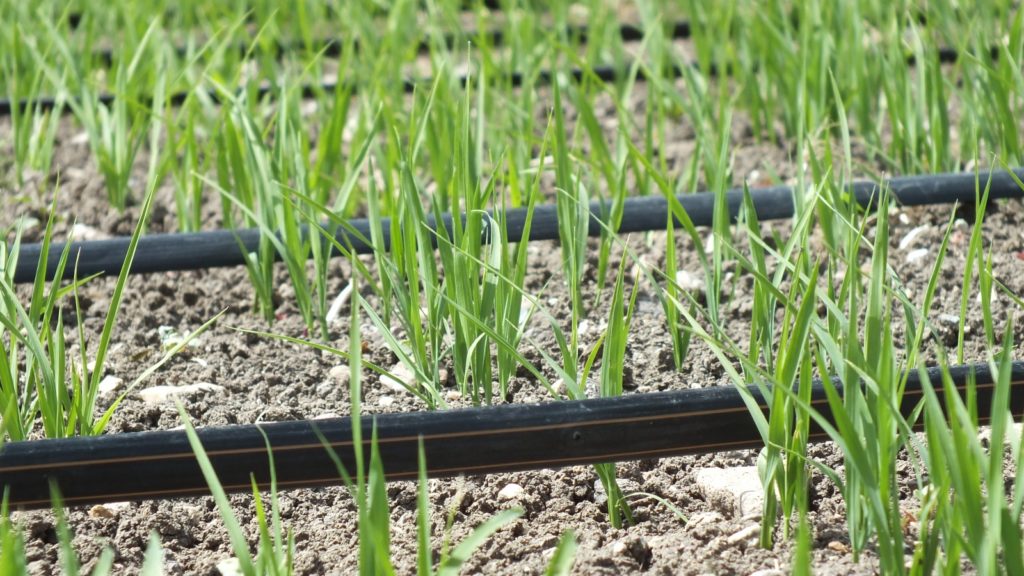
Miodownik indicated that the company is looking to enter more crop categories that will “greatly increase the impact on sustainability and food production.”
Another issue in sight is the excessive use of phytosanitary products such as herbicides that are harmful to the soil and the planet (not to mention human health).
Precision irrigation also minimizes the use of these products.
A slightly less obvious problem is the practice of monoculture: growing the same crops in the same field year after year. The exhausted soil will no longer perform and the farmer will be forced to acquire more land.
In that sense, drip irrigation is one of several strategies and technologies that can increase the yield of the land that the farmer already has.
Small citrus trees irrigated with Netafim technology in Western Cape, South Africa. Photo: courtesy“Until a few years ago, Brazilian farmers depended on rain and flood irrigation. When they wanted to grow more, they had to buy more land. Today they understand that they can simply invest in irrigation technology and get more food from the same land while reducing their water and fertilizer footprint,” Miodownik defined.
Carbon footprint
Another advantage of smart irrigation is that it reduces the carbon footprint.
“In the past, if you bought an avocado in Europe, it came from the Americas. Now, thanks to our technology, they can be grown very well in Israel, Morocco or Spain (even in the India) and it is not necessary to ship thousands of tons of fruit across the ocean,” said the executive.
The agriculture of greenhouse or indoors - another area of Netafim's action - also reduces the carbon footprint because food can be grown close to retailers and on demand.
A flower and tomato greenhouse in Vietnam powered by Netafim smart irrigation. Photo courtesy of NetafimCarbon emissions would also be reduced by reducing plastic consumption at Netafim's 17 factories, 14 of which are outside Israel.
This is really significant, especially since in 2017 the company was acquired by Orbia, one of the world's largest producers of plastic pipes and fittings.
“We now collect old drip pipes from farmers and process them in our own recycling factory for reuse. A few years ago we started this in California and today we develop it in Mexico and Europe. It is a new way to be more sustainable, not only saving water and producing more food but also in terms of waste,” Miodownik said.
Affordability as an obstacle
It all sounds great but the harsh reality is that agtech solutions are very expensive for the world's 450 million smallholder farmers.
Netafim is among many other Israeli agricultural technology companies inventing more affordable products and business models to meet this need.
In that sense, Netafim not only redesigns its systems to make them more accessible and simple to install and use, but also tests innovative cooperative programs for farmers who lack the money to invest in precision irrigation.
“We try to replicate a very successful model we have in India called 'community irrigation.' We brought together thousands of small farmers with local authorities in the south of that country and implemented a large project that involves water and irrigation infrastructure in the countryside. In the end, each farmer irrigates his own land and receives a few years of technical and agronomic support from our people,” Miodownik said.
Netafim also introduced “irrigation as a service”. This means that instead of making large capital investments, farmers pay a monthly fee for the company to install and operate the systems. “This also overcomes the fear of new technologies, which in many places is the main barrier there is. We operate it in a small pilot test so you can see how it works,” the executive explained.
Another model of the company is to help governments create new agricultural areas.
“Rwanda saw the need for high-level agriculture in a particular area where there was no water, and that's how we created the infrastructure and brought water from somewhere else. The next phase will be to bring international investors to invest in high-tech agriculture in that region to serve local or export markets. Residents also benefit because their livelihood improves,” Miodownik explained.
John Farner, Chief Sustainability Officer at Netafim, is today one of nine corporate leaders from around the world recently invited to join the UN Water Mandate Steering Commission to address water challenges with advanced sustainability solutions.
Ensure food supply in the Gulf
Miodownik said that his keynote speech in Dubai was received with enthusiasm, as the UAE has strong interest in Israeli technologies that can reduce the country's dependence on imported food.
“Since the peace agreements were signed we have received a warm welcome from many companies there. Today we support them in terms of their needs in the UAE, but also in agricultural activities outside the country that support their food security needs,” Miodownik said.
Netafim even relocated its vice president in charge of Africa and the Middle East there. “We hope soon that the Saudis will become part of this mission of helping more and more farmers around the world grow more food with fewer resources,” concluded the manager.
